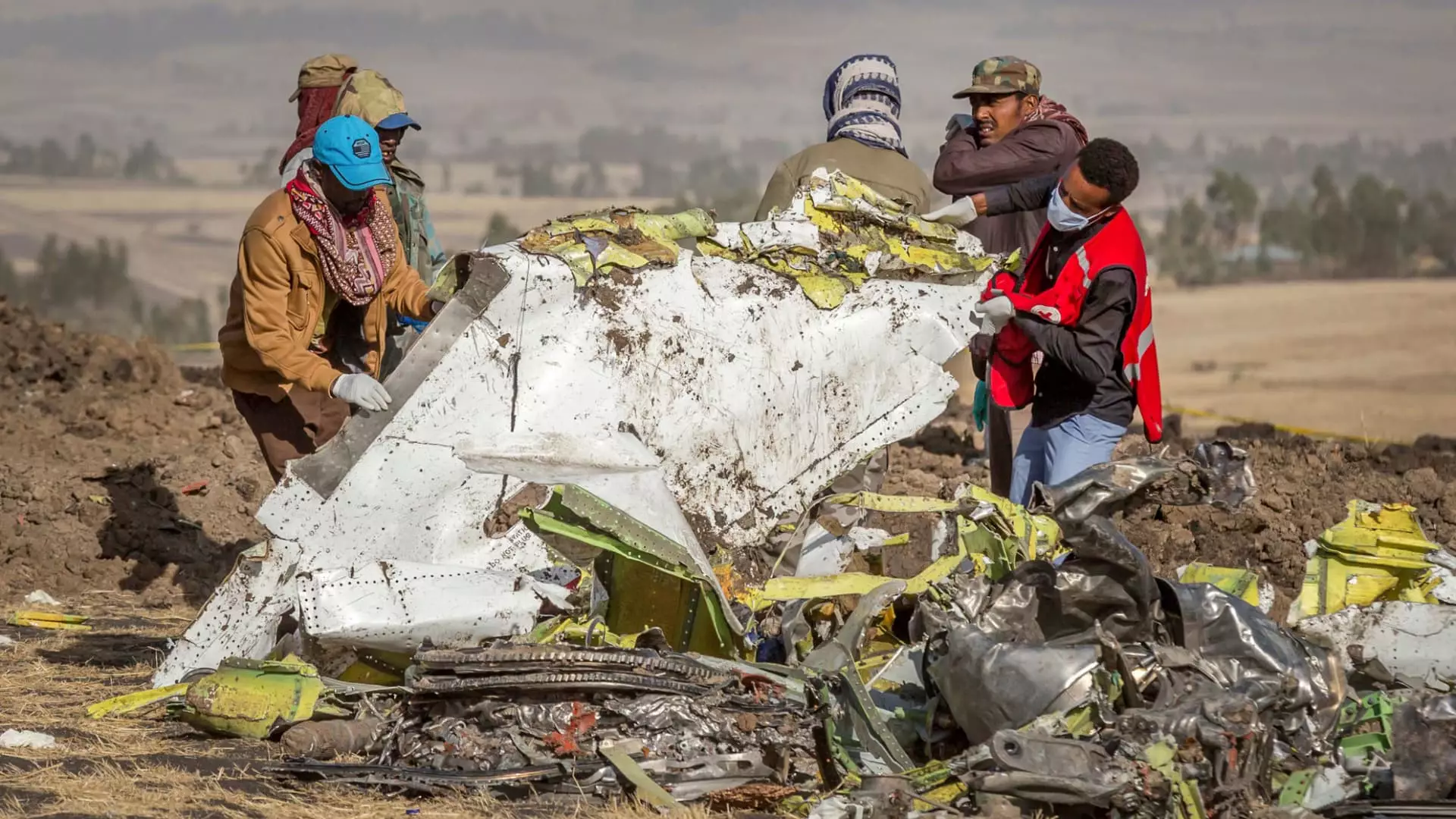Boeing, a prominent player in the aerospace industry, recently made headlines for a different reason – a guilty plea to criminal fraud charges related to the 737 Max crashes. This decision has painted the U.S. aerospace giant as a felon but has allowed it to avoid a trial. The repercussions of this guilty plea will most likely linger on as Boeing attempts to navigate through the aftermath of safety and manufacturing crises.
As part of the plea deal, Boeing faces a hefty fine of up to $487.2 million. However, the Justice Department has recommended that the fine be reduced to $243.6 million due to previous payments made by Boeing. This financial hit, along with the costs associated with compliance and safety programs, will undoubtedly impact Boeing’s bottom line. Additionally, the installation of an independent compliance monitor to oversee Boeing’s operations for three years will impose further expenses on the company.
Accepting the guilty plea could result in Boeing being labeled as a felon, potentially complicating its ability to secure contracts with the U.S. government. The possibility of seeking waivers to mitigate this repercussion adds another layer of uncertainty to Boeing’s future dealings with the government. This could have a significant impact on the approximately 32% of Boeing’s revenue derived from its defense, space, and security unit.
In an effort to show accountability and make amends, Boeing has agreed to invest in compliance and safety programs and engage with crash victims’ family members. The decision for the board of directors to meet with the families is a step towards acknowledging the tragic loss experienced by the victims’ loved ones. However, the plea deal has sparked opposition from the family members, who argue that it fails to hold Boeing fully accountable for the deaths of 346 individuals.
The guilty plea and the attached terms have put Boeing in a difficult position, forcing the company to make a decision between accepting the plea deal or going to trial. The consequences of each option are significant, with trial proceedings potentially shedding light on the facts surrounding the case. The plea deal, with its incumbent compromises, has raised concerns among legal experts, who advocate for a transparent and fair resolution to the matter.
As Boeing grapples with the fallout from its guilty plea, the aerospace giant faces a challenging road ahead. Rebuilding trust with stakeholders, addressing legal obligations, and navigating through financial and reputational strains will be key priorities for the company. Moving forward, Boeing will need to demonstrate a commitment to transparency, compliance, and safety to emerge from this crisis stronger and more resilient than before.

